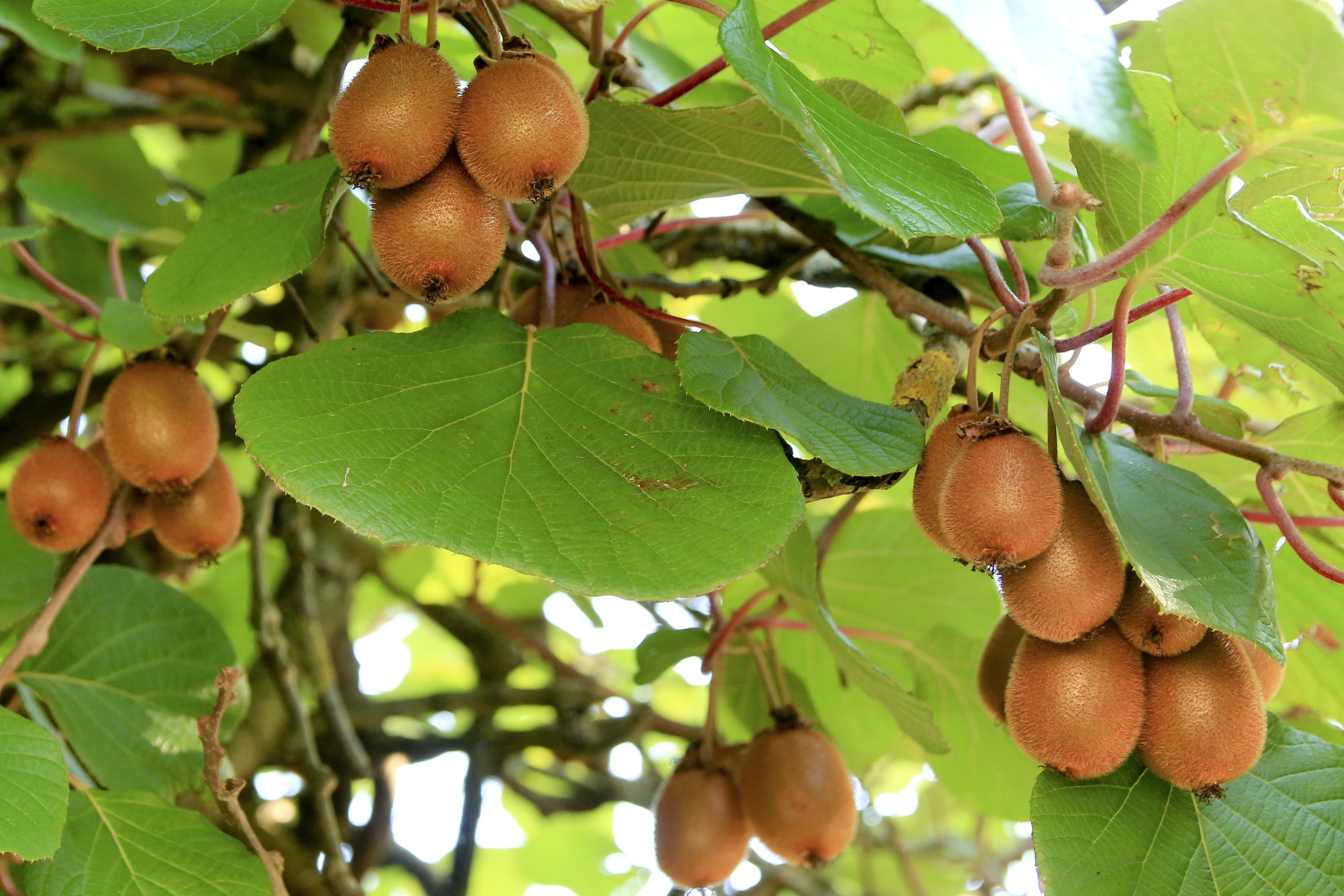Horticulture blocks facing 50 per cent valuation increases


Licenses for SunGold kiwifruit are helping to drive up the value of Tasman’s horticultural properties. Photo: Christine Schmidt/Pixabay.
Tasman’s next rating adjustment could spell concern for the district’s orchardists as the capital value of horticultural properties are set to leap up to 50 per cent.
Properties across the district are revalued every three years. This is done independently for Tasman District Council by Quotable Value (QV).
In Tasman, changes to a property’s capital value, meaning land and improvements, then impact the amount of rates paid by each landowner to the council over the following three years.
The district-wide revaluation currently occurring in Tasman will reflect market figures from 1 September 2023 and affect rates from 1 July 2024.
The revaluation’s preliminary findings, which may yet change before they’re finalised, indicate a 45-50 per cent increase for horticultural properties’ capital value.
“The value level is predominantly driven by the land and the G3 licences for the kiwifruit,” says QV operations manager Kris Rodgers.
In July, the Court of Appeal ruled that G3, or SunGold, kiwifruit licenses could be included within a property’s rateable value.
Other rural sectors are also staring down significant valuation increases, with dairying land looking at jumps of 30-35 per cent, forestry slated for 25-30 per cent hikes, and pastoral land projected to rise at 20-23 per cent.
As for residential properties, those in Golden Bay are looking at the greatest increases in the district of 22-30 per cent.
QV Nelson/Marlborough area manager Craig Russell says Golden Bay is an “interesting” case as houses in the region typically have a lower base value.
“In real terms, the dollar amount change is probably not as different as what [the preliminary figures] indicate.”
Other preliminary figures show that residential properties on the Waimea Plains – including Brightwater and Wakefield, and Māpua – could see increases of 15-25 per cent, while Motueka and Richmond are facing 10-18 per cent and 5-12 per cent increases respectively.
Mike Drummond, the council’s group manager finance, reiterates that revaluations don’t change the amount of money the council receives through its rates.
Instead, revaluations change what proportion of the council’s rates income is paid by each ratepayer.
“If your property value went up the same as the average, you’re probably not going to see a change in those rates,” he says.
“If it went up more than average, they’re likely to go up; if it went up less than average, they’re likely to come down.”
Notices of property revaluations will be posted from 27 March 2024 and every ratepayer will have the opportunity to object to their revaluation before they’re implemented to inform the next three years of rates payments.

